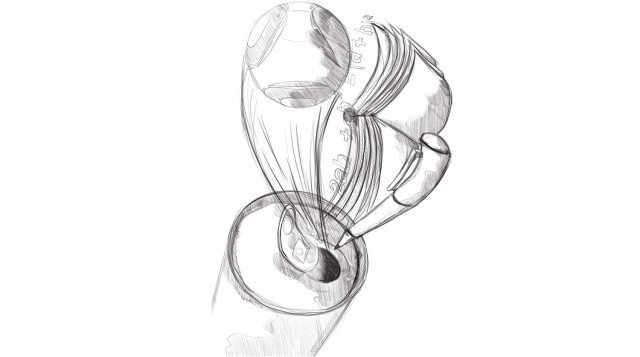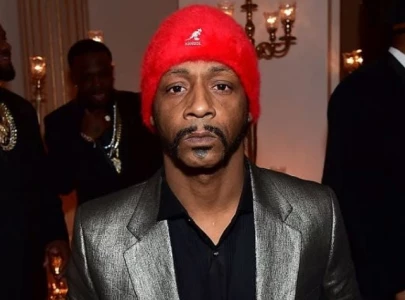
While local brands have joined in, Red Bull, the current leader in the energy drink market, remains one of the favourites.
“I usually start drinking it [energy drinks] two to three weeks before exams,” says an A levels student, Hadia. “How frequently I take it depends on my pocket. A single can costs around Rs150!”
But even though Hadia feels that energy drinks are not good for her health, or her pocket, she continues to consume the sweet, canned liquid because it helps her concentrate. “It helps drive away drowsiness so I can stay up to study throughout the night.” The teenager also downs a can just before starting her exam since the drink keeps her alert.
Energy drinks are beverages that contain a form of stimulant that gives consumers a short-term energy boost. More often than not, these magical, energy-bestowing ingredients are sugar and caffeine.
Doctors and consumers both substantiate the claim these drinks advertise: a rise in energy levels. However, the manner in which the energy boost is given has caused considerable concern among health experts and researchers.
“Excessive caffeine is never good for the heart,” warned Dr Ambreen Aamir, a general physician. “It narrows down heart arteries, increases blood pressure and has also been linked to hypertension.”
There have been reports of heart attacks and risky behaviour after excessive use of energy drinks. Health officials in various countries have voiced concern over the uncertainty about the effects of the interaction between various ingredients of energy drinks, which include caffeine, an amino acid called taurine and glucuronolactone, a type of sugar that is produced by human cells and used in metabolism.
Energy drink companies however point to the fact that these drinks have been safely consumed across the world for more than a decade. According to one expert, it is not the energy drink, but the excessive habit that can be harmful. He discounted negative claims about energy drinks, saying that if doctors and researchers had a chance, they’d be gulping down energy drinks like everybody else.
Another student, Abrar Ahmed, had similar views about energy drinks. The hockey player prefers Booster above all other energy drinks. He said that these beverages could only be harmful if consumed too much and too regularly. For Ahmed, it is not so much as the taste but the adrenaline rush, which makes him drink it.
“I just take them before a game because they give me the energy I need and prevent weakness and stiffness of the body during or after a game,” he said.
While media managers of the energy drinks attribute increasing popularity of the beverages to aggressive marketing strategies, bigger, bolder billboards and electrifying ads, critics feel that it is the addictive nature of the drinks’ ingredients that have youngsters emptying out their pockets to buy more of them.
Energy drinks provide a temporary burst of energy, but as Shaheena Naz, assistant professor at the Food, Science and Technology department at the University of Karachi, puts it: “It may be okay to use such drinks when you need instant energy temporarily… energy should be acquired through proper metabolism.” According to the expert, it is better to use wholesome foods as a source of energy. “If a person has the right diet, he or she will never need such drinks,” Naz added.
Published in The Express Tribune, June 22nd, 2010.




1730464033-0/BeFunky-collage-(12)1730464033-0-165x106.webp)
1732449527-0/Express-Tribune-(4)1732449527-0-270x192.webp)
1732441230-0/BeFunk_§_]__-(49)1732441230-0.jpg)


1732436825-0/BeFunk_§_]__-(47)1732436825-0.jpg)







COMMENTS (4)
Comments are moderated and generally will be posted if they are on-topic and not abusive.
For more information, please see our Comments FAQ